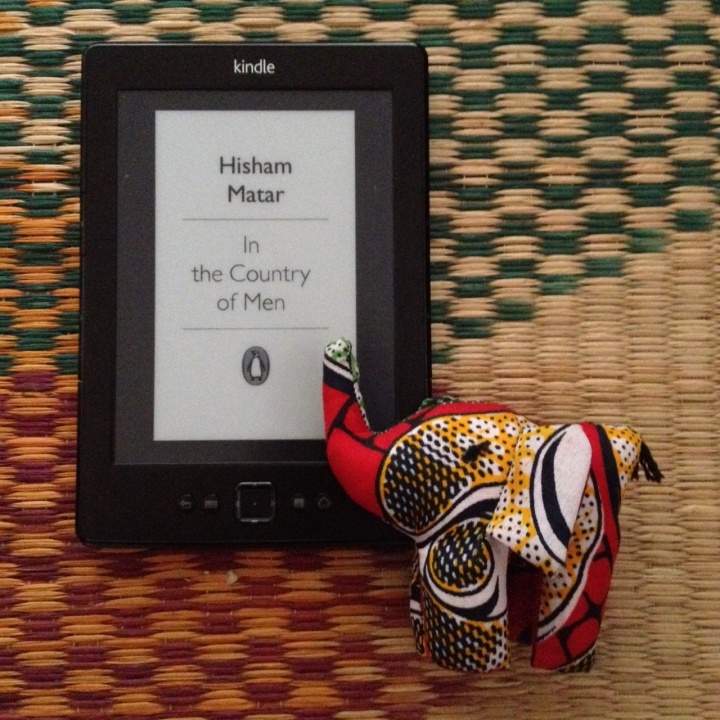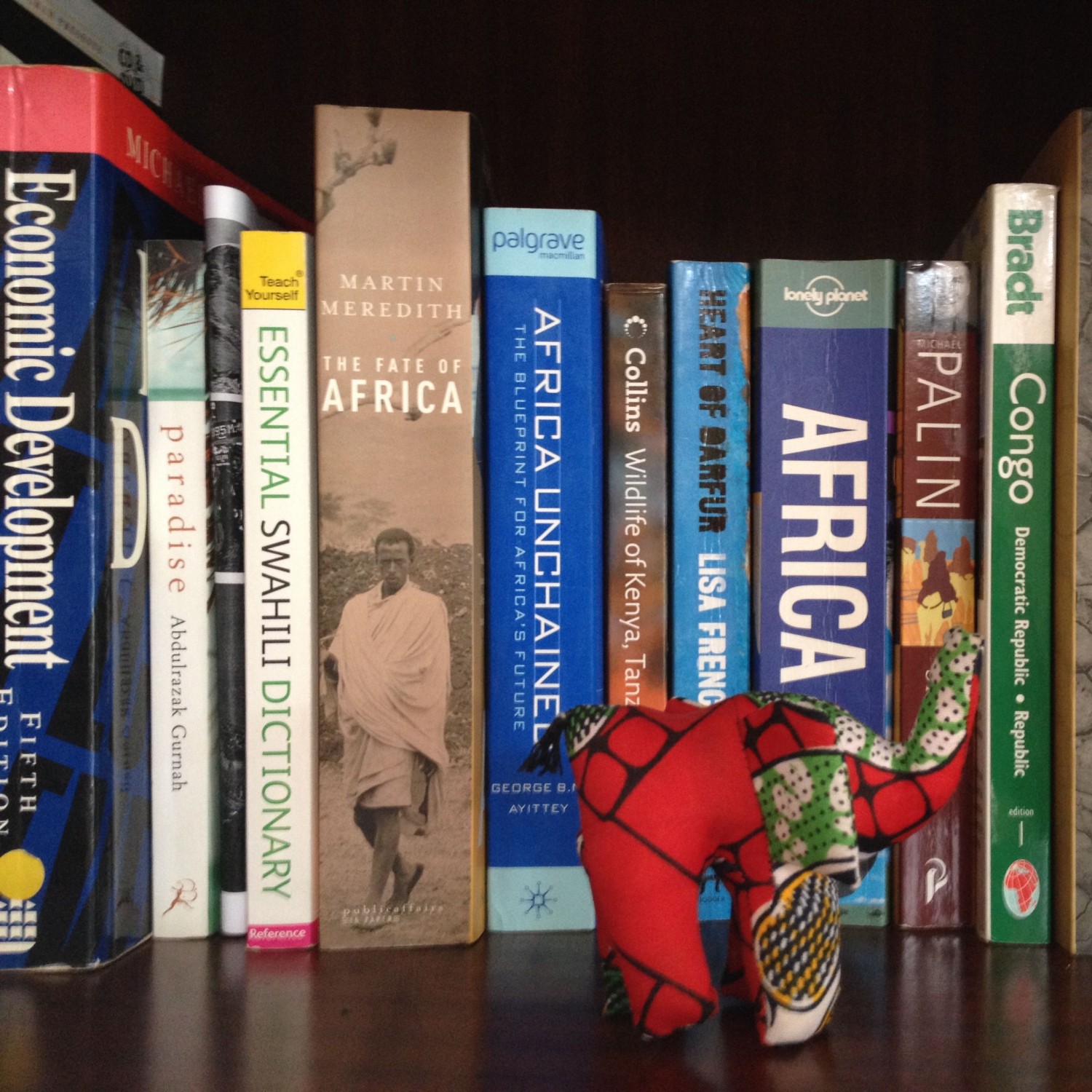I was able to read two books set in Libya, and thank goodness I did. Both are from the perspective of young adults – one male, one female. They are both from different cities within Libya – one in Tripoli, the other Ghadames. One is set largely during Qadaffi’s ascension to power, the other one around the turn of the 19th century. I found the first one I read just a little bit depressing, the other a real enjoyable insight into a culture that is both rich and warm, but also very strict for those born into it.
The first book I read was In the Country of Men by Hisham Matar. Suleiman is an only child with a strong connection to his mother. His mother is often ‘sick’ when his father is not around (which is often) and gets her liter ‘bottles of medicine’ regularly (and illegally) from the bread maker. He is told that his father is off on business trips, but one day he sees his father crossing Martyrs’ Square near his home. The father of his best friend disappears one day and is labelled as a traitor. Then strange people start visiting his house which make the adults start talking in whispers. It is obviously a time when political repression is becoming widespread – the family hangs a picture of the Colonel in their home with the brass plaque on the frame reading: Colonel Muammar el-Qaddafi, the guide of the Libyan Popular Revolution. ‘The Benefactor, the Father of the Nation, the Guide!’
 A Country for Men is Hisham Matar’s first novel which was shortlisted for the 2006 Man Booker Prize. Hisham Matar’s own father was kidnapped and has been missing ever since – albeit under different circumstances to what happens in the book.
A Country for Men is Hisham Matar’s first novel which was shortlisted for the 2006 Man Booker Prize. Hisham Matar’s own father was kidnapped and has been missing ever since – albeit under different circumstances to what happens in the book.
While on the one hand I really felt for Suleiman given he is just a boy and doesn’t seem to understand the extent of many of his actions (or does he?). But there is so much that he does that just left me with a bitter taste in my mouth. Particularly the betrayal of what is supposed to be his close friend.
Maybe that’s the point. We all do things as children that we are ashamed of. Whether it be not sticking up for a friend, saying the wrong things to the wrong people – actions that seem petty at the time, but may that have more longer term effects on how we feel about ourselves. Its no doubt a difficult time when the Revolutionary Police are cracking down on ‘traitors’ to the nation, and his parents still treat him as a small child. He witnesses the hanging of his best friends father on tv. He is involved in burning his father’s most prized possessions – his books. He is growing up in an increasingly repressive environment that the adults around him are struggling to deal with.
The book ends with Suleiman being sent to Egypt for schooling and to avoid military service. Like Darling in We Need New Names (see Zimbabwe post), this sets him on a different path from his peers. Although sent away for a better life, it forges a greater chasm between him and his home that he leaves that you are left wondering as to whether it was for the better.
The book is engaging, and tells what seems to be a very realistic and personal account of the impact of military crackdown in Libya. But it was a bit of a serious read – despite its intensity, there were few instances of light-heartedness or happiness from reading this book.
It therefore so nice to follow it up with Joelle Stolz’s The Shadows of Ghadames.
It’s the kind of book that I love to read. It contains such a richness in the telling of the life of a girl in the town of Ghadames. It made me want to go lookup just where Ghadames is (nestled at the border meeting point of Libya, Algeria and Tunisia), google pictures of what the town (and hopefully the rooftops) look like (see below), and learn more about the history of this part of the world.
 Malika is a young girl whose father is a trader. He regularly leaves their home for months on end to buy and sell across the vast surrounding deserts. She stays at home with her mother and her father’s other wife and her brother by her other father’s wife. Largely it is a happy existence, except that she is confined to the world of women – in their home and on the roof tops.
Malika is a young girl whose father is a trader. He regularly leaves their home for months on end to buy and sell across the vast surrounding deserts. She stays at home with her mother and her father’s other wife and her brother by her other father’s wife. Largely it is a happy existence, except that she is confined to the world of women – in their home and on the roof tops.
“The rooftops of Ghadames are like a city above the city, an open, sunny town for women only, where they walk about, lead their own lives, visit one another, and never talk to men. Twenty feet below, the men walk in the cool shade of the alleyways, conduct business, and never talk to women.
“These two worlds, my mother often says, are as necessary and different as the sun and the moon. And the sun and the moon never meet, except at the beginning and the end of the night.”
While pointing out the stark differences between the treatment and lives of women and men, the inequalities that permeate society (it is a surprise to others that her father refuses to own slaves), and the religious an cultural traditions that force a way of life – it is done so in a way that doesn’t glorify this way of life, but seems to accept it for what it is. Although this was a children’s book, I did enjoy it a lot.
